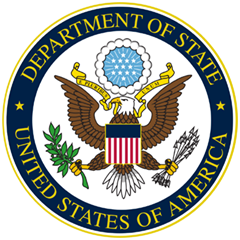Apostille / Certification
Apostille is a French word meaning “Certification”. An Apostille is a certificate that authenticates the origin of a public document (from the State where the document originated) to be used in a foreign country issued by U. S. Secretary of State. An Apostille does not certify the content of the underlying public document.
Both Apostilles and Certifications are used by foreign governments to assess the authenticity of an official signature on a document; the capacity in which the person signing the document acted; and the identity of any stamp or seal affixed to the document.
When the Department of State authenticates a document with an Apostille or Certification the department verifies that the person who signed the document is a Pennsylvania official and the Secretary of the Commonwealth has given "Full Faith and Credit" to the official's seal and signature.
Hague / Non-Hague Countries
Since October 15, 1981, the United States has been part of the 1961 Hague Convention Abolishing the Requirement of Legalization for Foreign Public Documents. The Convention provides for the simplified certification of public documents to be used in countries that have joined the Convention. Public documents will always need to be notarized unless they are issued from Vital Records.
Non-Hague countries, is still possible to certify and legalize documents, the process just requires additional steps, depending on where the documents originate, the type of document, and the country requesting it. If a state-issued document is to be used in a non-member country, an authentication certificate from the U.S. Department of State is required. All documents must be original, dates must be in chronological order and, if the document is written in a foreign language, an English translation must be certified or notarized.

